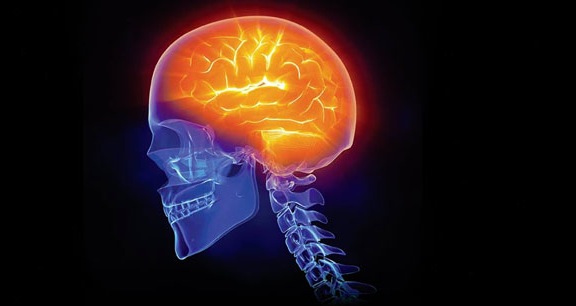Being curious about something actually changes the way the brain behaves, preparing it to learn something new. In fact, a piqued interest doesn’t just ready the brain for the immediately relevant learning material, but also enable our brains to better absorb incidental information too.
In other words, curiosity is a magic elixir that greases our intellectual gears. That’s the takeaway, at least, from a new study by a team of researchers led by Dr. Charan Ranganath, a neuroscientist at the University of California, Davis.
For the study, the participants rated their curiosity to learn the answers to a series of trivia questions, and had their brains scanned via functional magnetic resonance imaging, during certain parts of the study.
Once their curiosity was aroused, the participants showed better learning of not only the questions that were interested in but also the entirely unrelated information that they encountered, but were not necessarily curious about.
People were also better able to retain the information learned during a curious state across a 24-hour delay.
“Curiosity may put the brain in a state that allows it to learn and retain any kind of information, like a vortex that sucks in what you are motivated to learn, and also everything around it,” Gruber explained.
The findings could help scientists find ways to enhance overall learning and memory in both healthy individuals and those with neurological conditions.
Agencies/Canadajournal
 Canada Journal – News of the World Articles and videos to bring you the biggest Canadian news stories from across the country every day
Canada Journal – News of the World Articles and videos to bring you the biggest Canadian news stories from across the country every day



